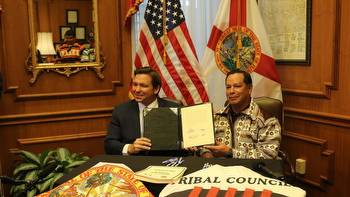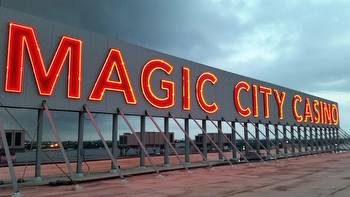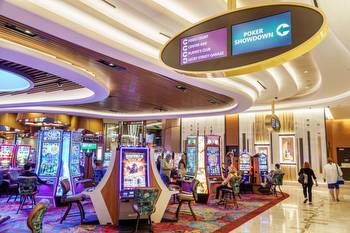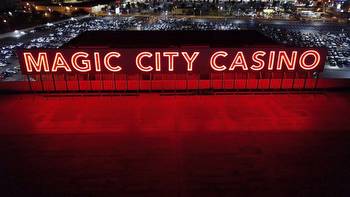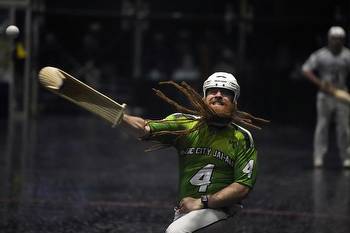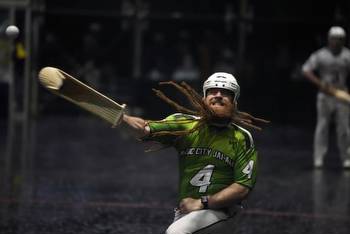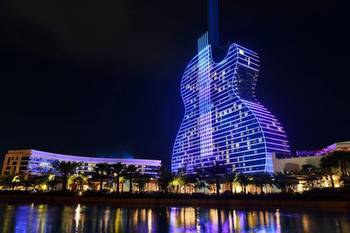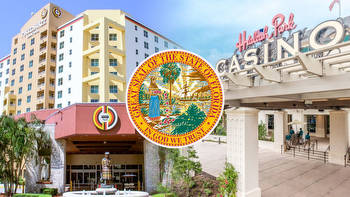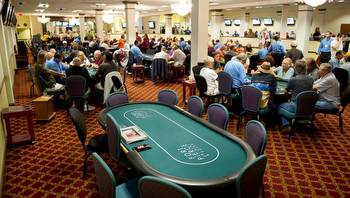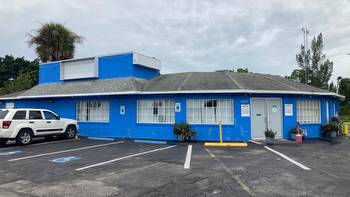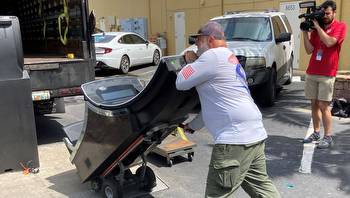Native American Tribe Under Contract to Buy Magic City Casino

After holding on to Magic City Casino for 71 years, the Havenick family is ready to cash in its chips.
The owners of the gambling facility at 450 Northwest 37th Avenue in Miami have entered into a deal to sell the former greyhound racing site to the Alabama-based Poarch Band of Creek Indians, The Miami Herald reported, citing an application recently submitted to the newly constituted Florida Gaming Control Commission.
The Havenick family is requesting state approval to transfer Magic City Casino’s gambling permit to the Native American tribe, which owns and operates gambling sites in Florida and other states, including the Sands Casino Resort in Las Vegas. Terms of the asset purchase agreement have not been disclosed.
Isadore Havenick, a principal of Magic City Casino, did not immediately respond to a request for comment.
In 1935, the state issued the gambling permit to the casino when it was Flagler Dog Track. The Havenicks bought the parimutuel facility in 1951, and in 2004 Florida granted them and other parimutuel sites approval to use their gambling permits for slot machines and card games. They renamed the property Magic City Casino, which has more than 800 slot machines and jai alai matches.
In 2020, Magic City Casino stopped running dog races when a state law banning the sport went into effect.
However, the Havenicks are not completely out of the gambling business. The Poarch tribe deal does not include the family’s Casino Miami, a gambling facility that also has jai alai, slot machines and card games. The Havenicks will also retain control of a gambling permit to operate a summer jai alai fronton and poker room on a property at 3030 Biscayne Boulevard in Miami’s Edgewater neighborhood owned by Crescent Heights, the development firm led by Russell Galbut.
Last year, the Havenicks settled a federal lawsuit against the city of Miami, which had passed a resolution banning gamblig facilities in Edgewater. As part of the settlement, the Havenicks agreed that its proposed jai alai fronton and card game would not have slot machines.













